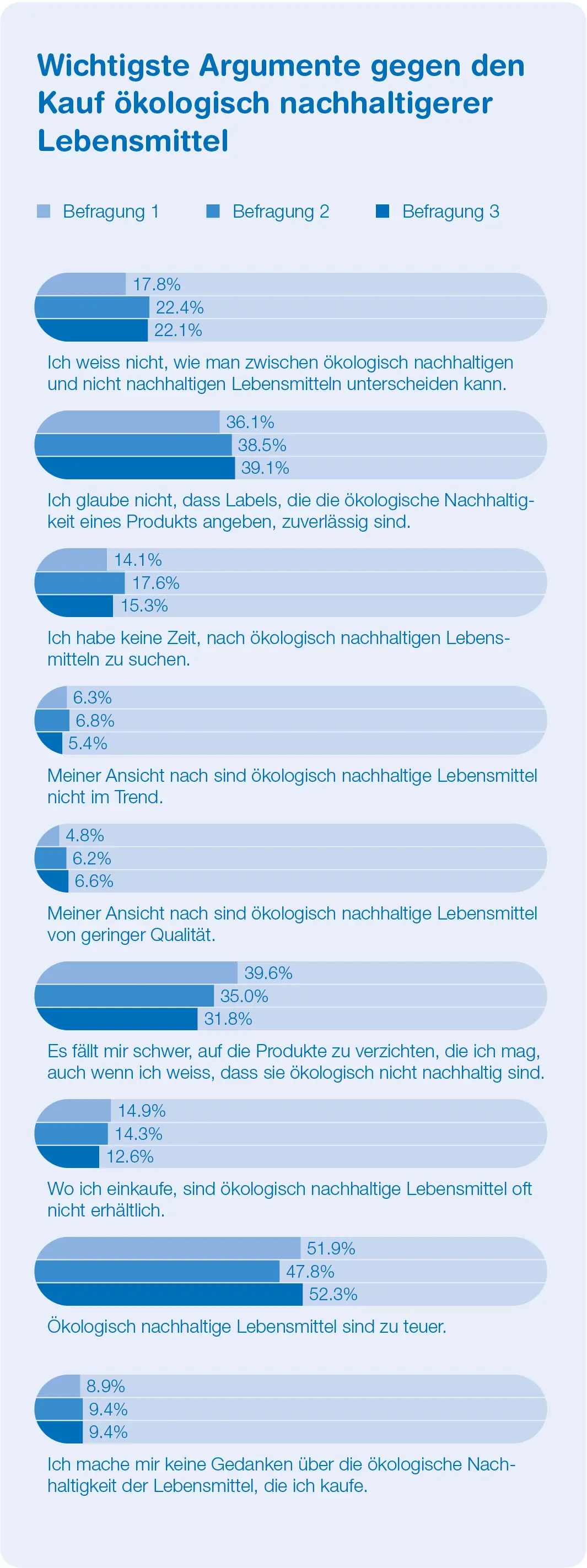Context is crucial when making sustainable purchasing decisions
More and more Swiss people are buying second-hand clothes and used electronic devices. Despite this, sustainable alternatives are often ignored as a result of price considerations, levels of consumer knowledge, or lack of transparency.
Individual purchasing decisions have a significant impact on a society’s ecological footprint – and food, consumer electronics and textiles are all relevant from an environmental impact perspective. Between 2022 and 2023, around 1,200 people in all major language regions of Switzerland were surveyed three times at intervals of around nine months. The survey was conducted by the Swiss Sustainable Consumption Observatory (SSCO), made up of an interdisciplinary research team from the ZHAW, the University of Lausanne and ETH Zurich as part of the “Sustainable Economy: Resource-Conserving, Future-Oriented, Innovative” National Research Program (NRP 73).
Knowledge is essential for sustainable consumption
According to the study, prices are the principal obstacle to sustainable consumption in the food sector, with almost half of the respondents citing this as a factor. The situation is similar for clothing, where one-third of respondents cite prices as an obstacle.
“Many of those surveyed also stated that they find it difficult to distinguish between sustainable and non-sustainable products,” says Yann Blumer from the ZHAW School of Management and Law. Knowledge and environmental awareness in the consumer areas of food, electronics and clothing appear to vary.
“While many people know how they can be more sustainable when buying food, many aren’t aware of what sustainability means when it comes to clothing and electronics,” explains Swen Kühne from the ZHAW School of Applied Psychology. Standardized information and trustworthy labels could create transparency here. Overall, the study makes it clear that many consumers take sustainability into acocunt in their daily purchasing decisions. However, whether they indeed act effectively and sustainably depends heavily on the decision-making situation. The decisive factor is that sustainable choices must not be significantly more expensive or complex than less sustainable alternatives.
